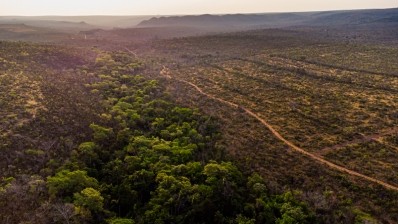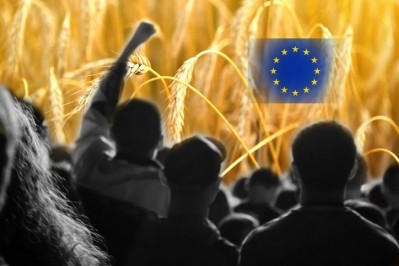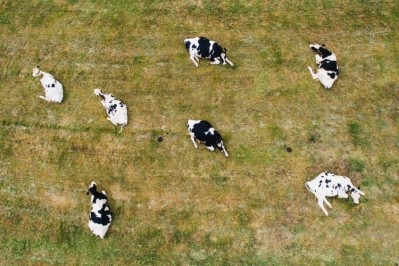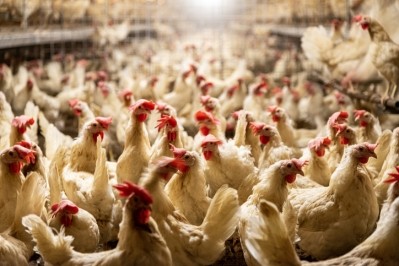Geopolitical tensions and drought may disrupt poultry trade, feed additive supply

The first quarter of 2024 saw improvements in local market conditions in several areas previously plagued by oversupply and declining prices. These advances largely stem from production cuts aimed at rebalancing supply, which was exerting pressure on demand.
Nan-Dirk Mulder, senior analyst, animal protein at Rabobank, anticipates a continued slight improvement in global markets, with price remaining a significant factor but exerting less influence compared to 2023, thanks to lower consumer price inflation and increased incomes.
This positive trend is expected to support a recovery in demand for value-added poultry products like processed chicken and poultry concepts, as well as an uptick in demand from the foodservice sector. However, consumer price sensitivity will continue to play a crucial role. A key challenge lies in maintaining market equilibrium amidst disciplined supply growth.
Mulder forecasts a global growth rate of 1.5% to 2% for 2024, primarily driven by emerging markets in Asia, the Middle East, Africa, and Latin America, with sluggish growth expected in Europe, the US, and Japan.
Transport challenges
However, potential distribution challenges loom large due to geopolitical tensions in the Black Sea region, Red Sea attacks, and drought affecting water levels in the Panama Canal. These complications could disrupt global poultry trade, leading to increased costs, delayed supply, and limited container availability, notes Mulder.
Changes in trade flows, particularly to and from Europe, Asia, the Middle East, and Africa, could necessitate a shift towards regional trade or result in higher costs and delayed supply, especially for goods primarily produced in a single region, such as feed additives, equipment, animal-health products, or specific poultry products like processed poultry or whole birds for the Middle East, he says.
Operational hurdles persist for producers, with fluctuations in feed costs and weather conditions posing ongoing concerns.
Bird flu
While global commodity prices seem to have stabilized, avian influenza (AI) remains a significant risk, reports the analyst.
Attention is particularly focused on Southern Hemisphere countries like Brazil and Thailand, where outbreaks could significantly impact global trade conditions. Despite these challenges, gradual recovery in processed poultry trade is anticipated following a weak performance in 2023.















